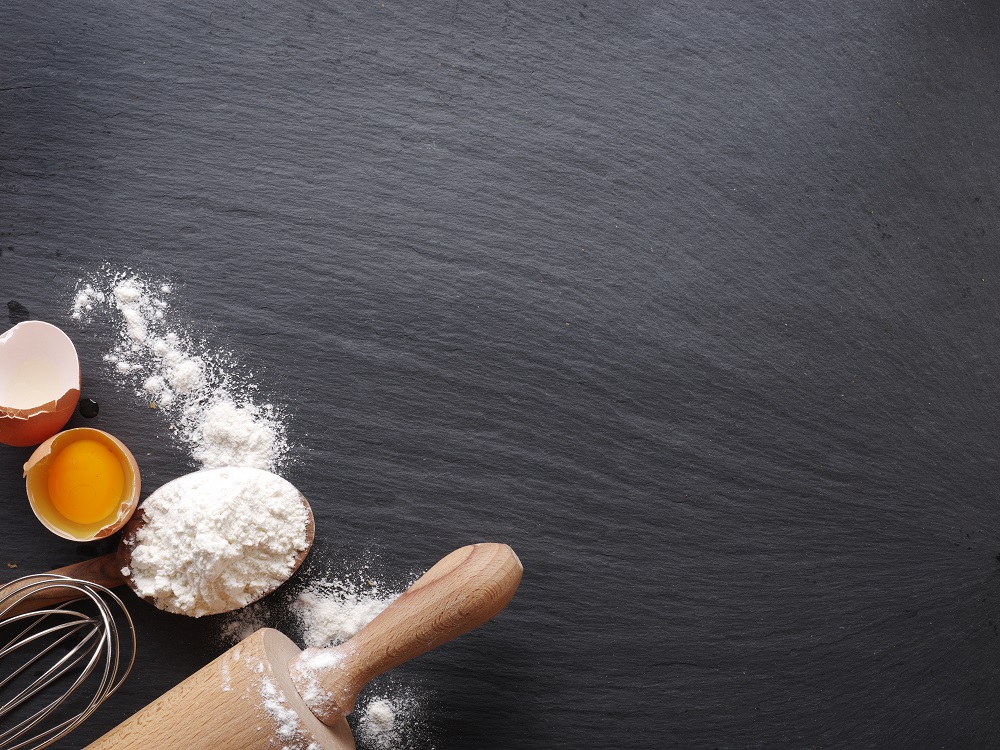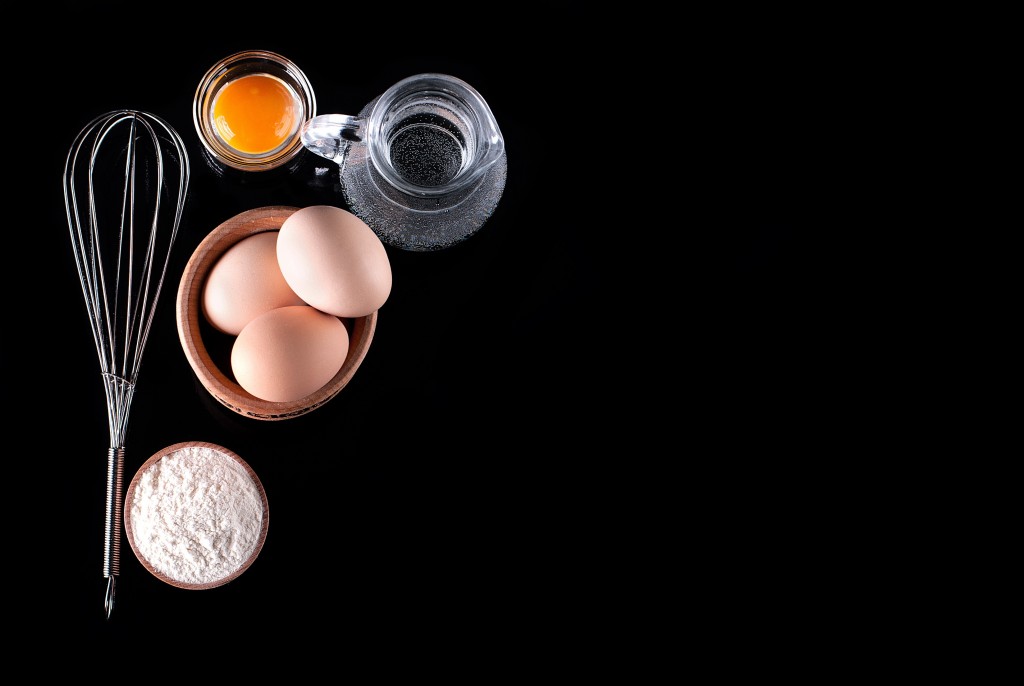Lockdown measures have meant that people spend most of their time at home, and many have turned to baking as a pastime and source of comfort. We’re sure that your social media feeds are full of photos and videos of homemade bread or cupcakes. Many people have always thought of baking in their spare time, but work and life got in the way. Now that time is all they have, they’re finally doing what they’ve always wanted to do.
Of course, you can always order custom-made cakes online. But where’s the fun in that? There’s nothing like baking the goods yourself. However, if you’re a beginner, you’re bound to make a few mistakes here and there. Though half the fun in baking is in the process, wouldn’t you rather know the methods of professional bakers?
1. Always follow the recipe
One of the cardinal rules of baking is you should always stick to the recipe. Baking is more or less an exact science, and there is little room for deviation, especially if you’re just starting. If the recipe calls for you to preheat the oven to 200 degrees Celsius, then do that. If it asks for room temperature water or sifted flour, then go get those things.
You must follow each step and order to the letter. Many basic recipes are already simple enough to follow, and that’s a result of lots of experience and recipe testing. If it’s in the recipe, it’s there for a reason.
2. Have all your ingredients nearby
You should have all your ingredients in one central location before you start the baking process. Professional bakers call this the mise en place, and it allows you to bake faster and more efficiently. If you’ve measured all the ingredients beforehand and have them in containers in your workstation, then you’re less likely to forget something during preparation.
3. Sift dry ingredients

Many professional bakers sift dry ingredients like flour, cocoa powder, sugar, and baking soda, even if the recipe actually doesn’t say so. Sifting introduces air into the ingredients and makes them lighter. Lighter flour or baking soda is easier to mix into the dough or batter compared to unsifted dry ingredients. This ensures that your mixture is uniform all throughout.
4. Buy the right equipment
If you’re serious about baking, then maybe you should start looking at buying the right equipment. Having the right equipment ensures that the baking process will be more streamlined and efficient, and you’ll get the results you’re looking for. For instance, having the right type of whisk or spatula can take your baking goods to another level.
5. Learn how to mix
Baking recipes are detailed and specific, but they also leave out a few things that beginners struggle with. For example, recipes often call for mixing using a whisk or an electric mixer. But what you didn’t know is there’s a proper way to mix.
Make sure that you’re mixing the ingredients just until you see that everything has been combined. Overmixing can lead to a tougher texture, while undermixing will result in an inconsistent batter.
These pointers will help you become a better baker in no time. And lastly, never give up. Even professional bakers make mistakes, so you shouldn’t beat yourself up just because your cake collapsed or your souffle didn’t rise. Mistakes are a part of the process, and you should apply the lessons to your future bakes.

